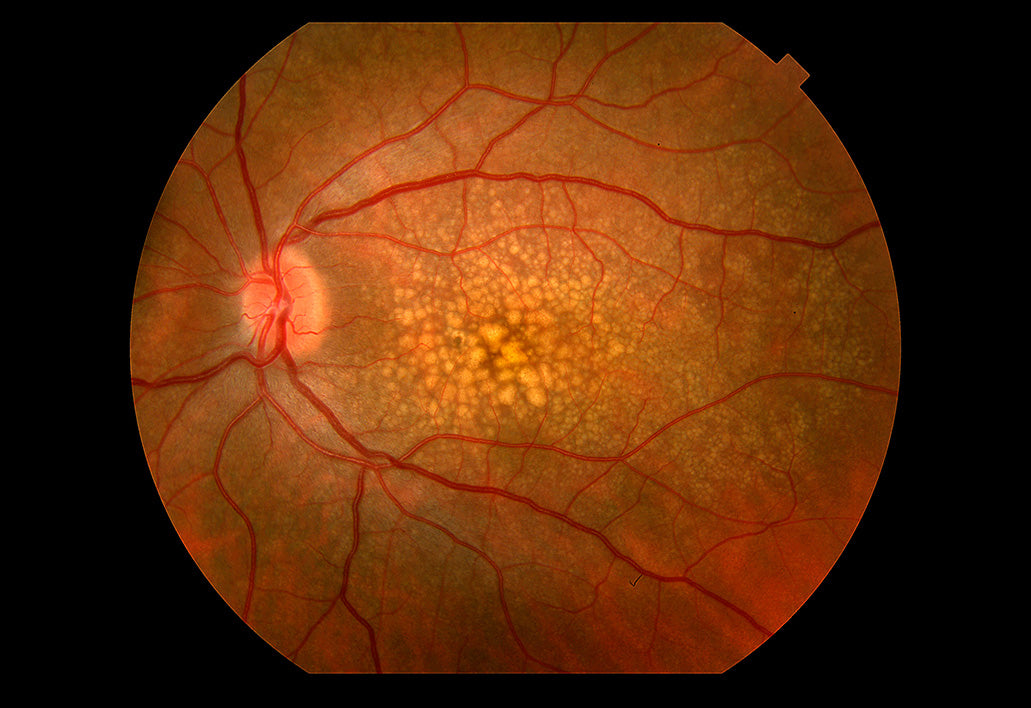One of the most pressing inquiries regarding AREDS 2 revolves around its onset of action. Unfortunately, there's no straightforward answer to the question, "How long does it take for AREDS 2 to work?"
The efficacy of AREDS 2 varies among individuals, and factors such as the severity of macular degeneration, overall health, and adherence to the supplement regimen can influence outcomes.
Studies assessing AREDS 2's effects typically spanned several years, reflecting the chronic nature of macular degeneration. While some participants experienced slowed disease progression or improved visual acuity within the study's duration, these changes weren't immediate.
Experts suggest that significant improvements may take at least one to two years to manifest. However, it's essential to maintain realistic expectations. AREDS 2 isn't a cure for macular degeneration but rather a tool for slowing its progression. And there is no evidence that taking an AREDS 2 supplement reverses drusen or other AMD findings. Therefore, the emphasis should be on long-term adherence to the supplement regimen rather than expecting rapid results.
Factors Influencing Efficacy:
Several factors may influence how long it takes for AREDS 2 to work for macular degeneration:
- Disease Severity: Individuals with early-stage macular degeneration may experience greater support from nutritional supplementation than those with advanced disease.
- Adherence: Consistent and proper use of the AREDS 2 supplements is crucial for optimal outcomes. Nearly all AREDS 2 supplements, including both premium and standard AREDS 2 supplements from VisiVite, require taking two per day. Taking only one per day likely doesn't have much, if any, benefit. This is because a certain threshold of nutritional ingredients was found to be critical to the success in the AREDS 2 study.
- Overall Health: General health factors, such as diet, lifestyle, and comorbidities, can impact the body's response to the supplements. Smoking is the single most dangerous avoidable risk factor.
- Genetics: Genetic predispositions may influence how individuals respond to the nutrients in AREDS 2. Although macular degeneration is not strictly inherited, people with family members who have it, especially the wet or advanced macular changes, are at higher risk.
Regular consultations with an eye care professional is vital for assessing individual needs and monitoring progress effectively.
Conclusion:
AREDS 2 holds promise as a valuable intervention for supporting eye health in people with macular degeneration. While its onset of action may vary among individuals, long-term adherence to the complete supplement regimen, every day, is paramount for maximizing benefits. Understanding the nuanced nature of macular degeneration and the role of AREDS 2 can empower individuals to take proactive steps in preserving their vision health.














